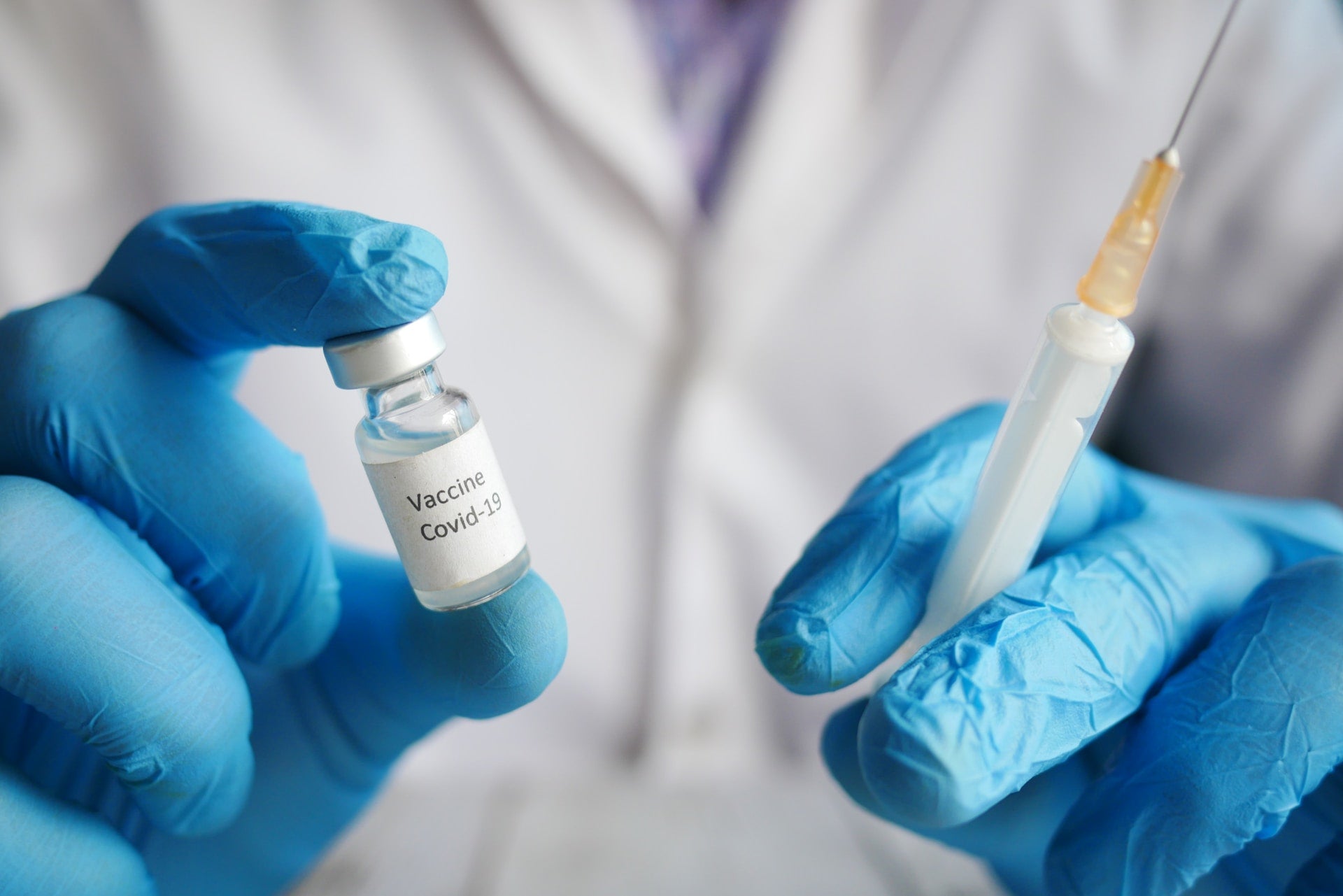Cardiac Outcomes After Vaccine-Induced Myocarditis

At this point, most of us are aware that one of the most common side-effects of COVID-19 vaccinations is a condition called myocarditis, an inflammation of the middle wall of the heart. But precisely what does this mean for cardiac function? And in whom are these side-effects most common?
A recent study published in JAMA Pediatrics set out to answer these questions [1]. Using a technique called a meta-analysis (the gold standard of scientific research), the researchers pooled 23 studies, examining 854 total patients aged 12-20 who had suffered vaccine-induced myopericarditis. From the data, they extracted trends regarding demographics, severity of outcomes, and the impacts on various features of cardiac function.
Young Men After Second Dose are Most Vulnerable
When it comes to vaccine-induced inflammation of the heart, it appears that young men are most vulnerable. In this study, 90% of patients were males, the average age of whom was 16. The study authors didn’t offer any hypothesis as to why this is the case.
Further, researchers found that most cases (74.4%) occurred about two to three days after the second dose.
Subjective Symptoms and Objective Markers
The most common symptoms seen in patients were chest pain (84%), fever (45%) and headaches (33%). In terms of measurable cardiac dysfunction, the two most important findings were left ventricular dysfunction (present in 16% of patients), and late gadolinium enhancement (present in 87% of patients).
Left ventricular dysfunction (LVD) occurs when one of the chambers at the bottom of the heart loses its ability to pump blood to the vital organs.
Late gadolinium enhancement (LGE) is an imaging technique that uses a contrast agent (gadolinium) to enhance the clarity of MRI imaging to visualize scarring on ventricles.
Both LVD and LGE are established risk factors for sudden cardiac death [2,3]. While there were no deaths observed in the patients followed in this study, the researchers did not long-term follow ups. According to Dr. Peter McCullough, Cardiologist and Chief Scientific Officer at TWC, “as a cardiologist, I would infer that some of these children will go on and suffer cardiac arrest and sudden death.”
Vaccine Type Matters
In their analysis, the researchers examined patients who had received the BNT162b2 (Pfizer-BioNTech) vaccine and mRNA-1273 (Moderna). Interestingly, 97.5% of patients analyzed had taken the Pfizer-BioNTech vaccine.
Bottomline
While the study authors note in the discussion section of their paper that rates of myocarditis are higher after COVID-19 infection than vaccination, the fact remains: a small percentage of vaccinated individuals - mostly young men with very low risk of illness from the virus - do suffer severe vaccine-related consequences, the long-term implications of which are not yet fully understood.
References
[1] Yasuhara, J., Masuda, K., Aikawa, T., Shirasu, T., Takagi, H., Lee, S., & Kuno, T. (2022). Myopericarditis After COVID-19 mRNA Vaccination Among Adolescents and Young Adults: A Systematic Review and Meta-analysis. JAMA pediatrics.
[2] Green, J. J., Berger, J. S., Kramer, C. M., & Salerno, M. (2012). Prognostic value of late gadolinium enhancement in clinical outcomes for hypertrophic cardiomyopathy. JACC: Cardiovascular Imaging, 5(4), 370-377.
[3] Schillaci, G., Pasqualini, L., Verdecchia, P., Vaudo, G., Marchesi, S., Porcellati, C., ... & Mannarino, E. (2002). Prognostic significance of left ventricular diastolic dysfunction in essential hypertension. Journal of the American College of Cardiology, 39(12), 2005-2011.














